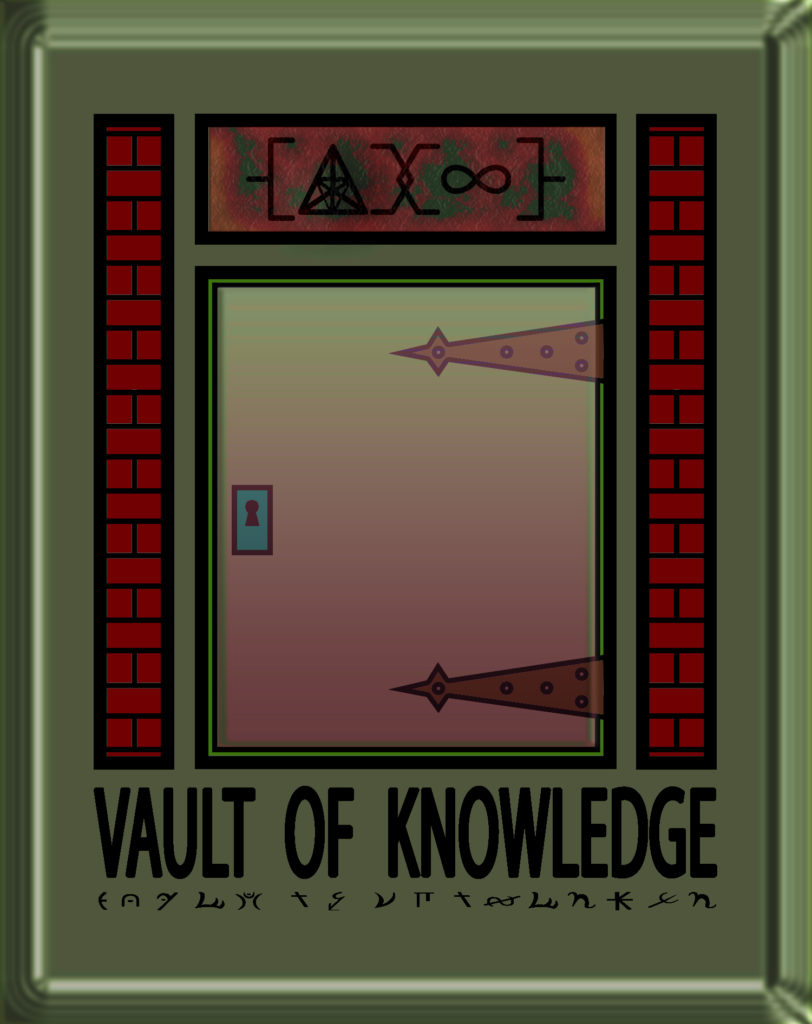By nature, a lot of writers are shy, reserved, intellectuals. Some of us may have been picked on as kids back in school, and so have developed a preoccupation with what others will think about how we do things, afraid of criticism, and just too caught up in following the rules that everyone tells us about things, even if those other people may not know much themselves. Well, I am here to tell you that when it comes to writing, there is only one person you need to listen to and that is your own.
Forget what anyone else says, be they friends, family, or that voice in the back of your head put there by your creative writing teacher from so long ago. There is no one looking over your shoulder, no one to tell you what to do or how to do it. NO ONE. This is YOUR universe and you have total control. Those basic rules of grammar you learned back in elementary school? That’s pretty much all you need to start. How to tell a story, what you should put into it, how many characters, how long the novel should be, all that is up to you and you alone. Ignore that annoying voice at the back of your head, take off your literary shackles, and just charge straight ahead. Feel free to experiment, see what works, and don’t feel obligated to go by other writers’ insistence of what does or does not work, or what it says in some text on writing. You are n charge. When you have your book finished to your satisfaction and are ready to show it around, THEN you can get opinions from friends, family, and collegues and start editing. But until then, go for it.
Need some examples? Jules Verne invented Science Fiction, and more importantly there was no one teaching a course on creative writing. You were taught grammar, punctuation, read a couple of even older books, and that was it. Verne invented his own methods for telling a story. Then go back even further, to William Shakespeare. They didn’t even have any courses on literature, and he had to invent everything we use today to tell a proper story. At some point in history, there was no one telling a writer how to write, so someone had to experiment, see what worked for himself, then charge into it despite the criticisms and whispers of others.
So who knows? You might discover a new or different technique for telling a story, but at the least you will discover how best for YOU to tell a story, not someone else’s idea of how you should tell a story THEIR way.







 Users Today : 238
Users Today : 238 Total views : 4013324
Total views : 4013324 Who's Online : 8
Who's Online : 8

